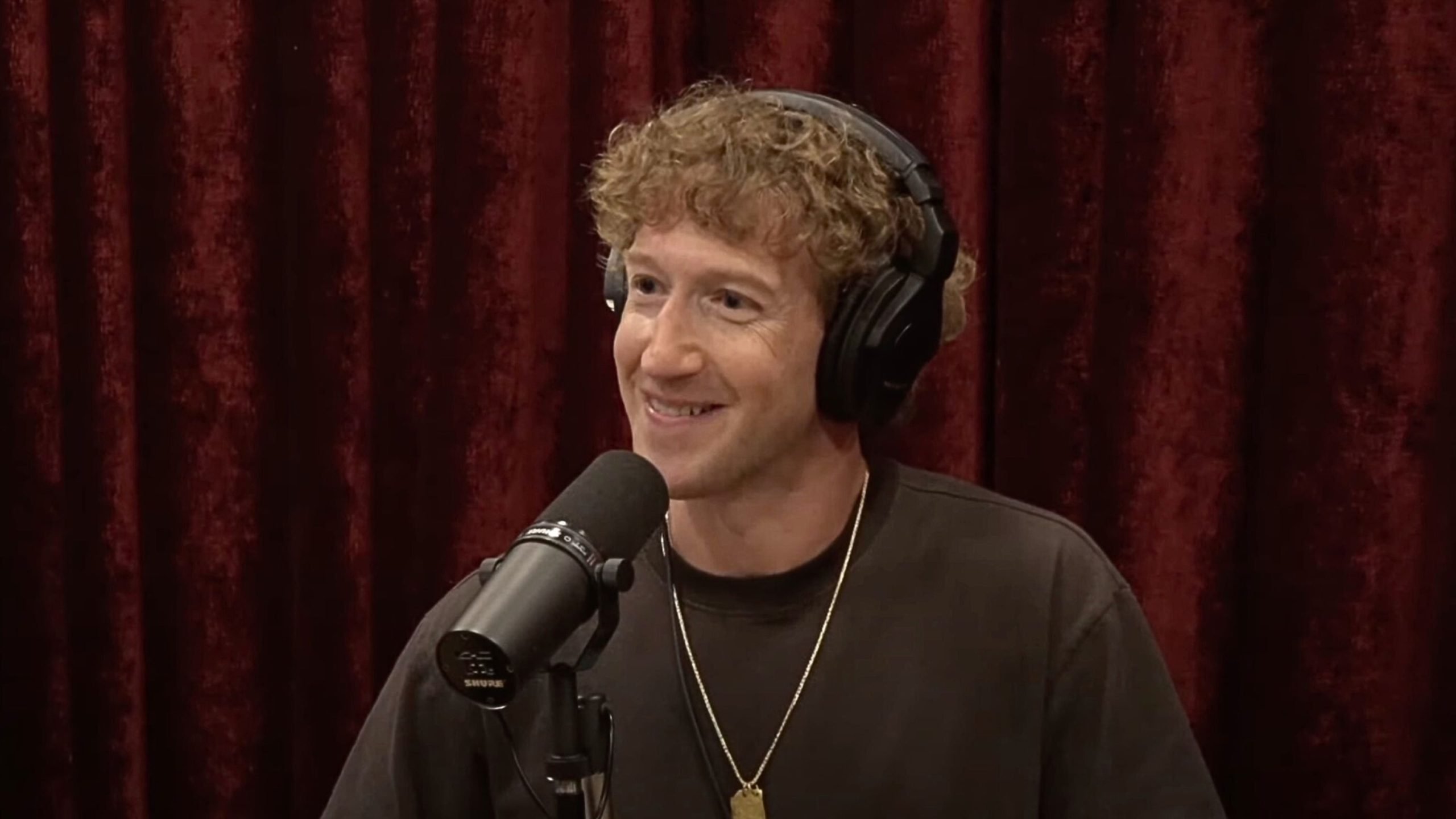In his appearance on The Joe Rogan Experience, Meta CEO Mark Zuckerberg defended Facebook’s early COVID-19 content moderation policies by invoking the often-quoted but inaccurate legal principle, “you can’t yell fire in a crowded theater.” Zuckerberg cited this rationale to justify the platform’s censorship of certain information during the pandemic’s onset.
More: Yes, you can yell “fire” in a crowded theater
“COVID was the other big one where that was also very tricky because, you know, at the beginning, it was – you know, it’s like a legitimate public health crisis, you know, in the beginning. And it’s – you know, even people who were like the most ardent First Amendment defenders, the Supreme Court has this clear precedent. It’s like, all right, you can’t yell ‘fire’ in a crowded theater. There are times when, if there is an emergency, your ability to speak can temporarily be curtailed in order to get an emergency under control,” Zuckerberg said.
This statement leans on a widely misunderstood legal argument. The phrase “you can’t yell fire in a crowded theater” originates from a 1919 Supreme Court opinion by Justice Oliver Wendell Holmes in Schenck v. United States, which was later overturned and criticized for its justification of speech suppression. Zuckerberg’s use of this outdated precedent is misleading and offers a flawed defense for restricting speech on Meta’s platforms.
Zuckerberg elaborated on his stance, expressing initial trust in government and health authorities: “So I was sympathetic to that at the beginning of COVID. It seemed like, OK, you have this virus. It seems like it’s killing a lot of people. I don’t know. We didn’t know at the time how dangerous it was going to be. So at the beginning, it kind of seemed like, OK, we should give a little bit of deference to the government and the health authorities on how we should play this.”
However, Zuckerberg acknowledged the shifting narratives from health officials, which complicated content censorship decisions. “But when it went from, you know, two weeks to flatten the curve to, you know, in like – in the beginning, it was like, OK, there aren’t enough masks. Masks aren’t that important. To then it’s like, oh, no, you have to wear a mask. And, you know, all the – like, everything was shifting around. I – it’s become very difficult to kind of follow.”
The discredited legal metaphor has drawn criticism from free speech advocates. Such justification enables tech giants to overstep in moderating content, especially in moments of crisis when diverse perspectives are most crucial.
Equating speech to violence or danger is an easy excuse to censor controversial speech.










